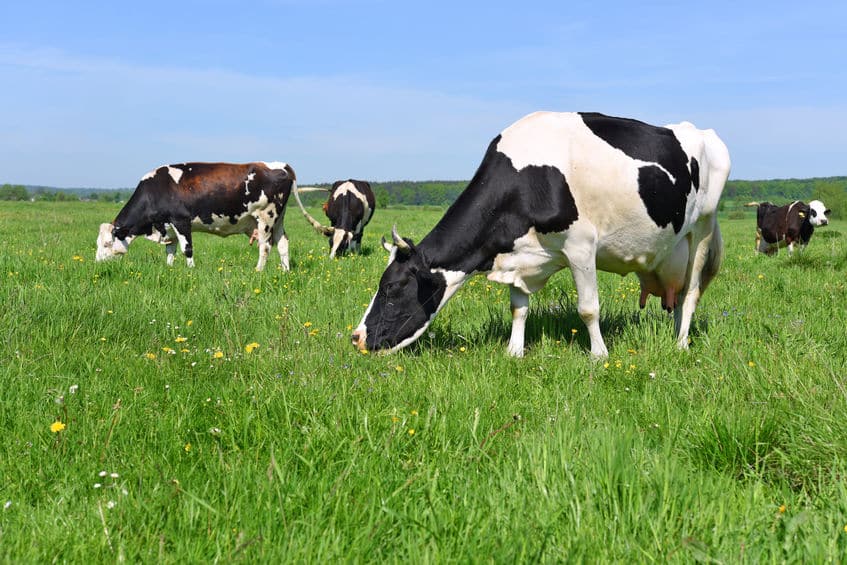By John Salak –
There are myths floating abound that drinking cow’s milk is a no-go for mothers breastfeeding babies. Well, Swedish researchers would beg to disagree.
In perhaps the most extensive research conducted to date, Chalmers University of Technology reports that drinking cow’s milk is not only fine for nursing mothers, it may also help their babies from developing food allergies.
The Swedish results were based on data from more than 500 woman that focused on the prevalence of allergies in their children at one year of age. The findings aren’t only reassuring to those who support cow’s milk, they may also help stop the growing tide of food allergies seen in young children. In fact, almost 8 percent of the Swedish children in the Chalmers study had developed a food allergy by the time they reached 12 months—a level comparable to levels seen in other industrialized countries.
“We have found that mothers of healthy one-year-olds consumed more cow’s milk during breastfeeding than mothers of allergic one-year-olds,” reported Mia Stråvik, a doctoral student at the university and first author of the study. While Stråvik notes the link between cow’s milk consumption and lower allergy rates is clear, she stressed the study doesn’t claim cow’s milk is a cure for food allergies.
There are, in fact, a variety of factors that play into whether a child develops allergies, including their genetic predisposition. Yet Stråvik stressed diet is a factor and parents can have a direct influence. “It is quite common nowadays for young women to avoid drinking milk, due in part to prevailing trends and concerns, some of which are linked to myths about diet,” she said.
Yet allergies linked to milk protein are rare, clearing the way for the vast majority of women to consume a range of dairy products without a problem. Lactose intolerance is a different issue that is tied to the body’s inability to break down milk sugars. In these cases, Stråvik noted that lactose-free dairy products are fine.
The researchers aren’t sure why cow’s milk reduces the risk of developing allergies in babies. But they theorized that the milk in the mother’s diet helps stimulate the maturity in the child’s immune system. It is possible that early contact to various microorganisms can serve to kickstart the child’s immune system.
Regardless of the reasons, the Chalmers researchers are confident there is a positive link between cow’s milk and lessening the risk of developing allergies. “No matter how we looked at and interpreted the data, we came to the same conclusion,” co-author Malin Barman reported. “The mechanisms behind why milk has this preventative effect against allergies, however, are still unclear.”
If cow’s milk is now placed on the all-clear list for nursing mothers, are there still other items they should avoid, according to the wellness site Healthline.com.
The top five include fish high in mercury, some herbal supplements, alcohol, caffeine and highly processed foods.
Ultimately, chances are it will be clear almost immediately if there is a problem with an infant’s or young child’s diet for whatever reason. Telltale signs include eczema, mucus or blood in the stool or excessive fussiness.











